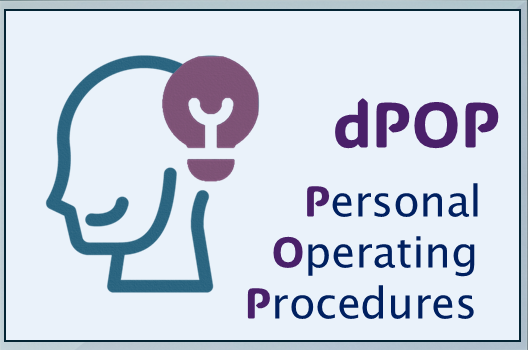Every process in your organization has a customer, and without a customer a process has no purpose.
In their book, Managing Quality in Tourism, by Tony Lenehan and Denis Harrington, the authors talk about how the change and uncertainty of recent years has intensified the difficulties inherent in managing customer expectations.
Across all industries customers have become more knowledgeable, and increasingly they are shifting their loyalties between firms.
The problems have been even more acute in the service industries – such as the hospitality industry – where the specific characteristics of service make customer orientation a challenging task.
The common approach, particularly among the larger Groups, has been to offer a form of industrialised service by developing specific product brands. The brand format allows the company to pre-select the type of customer one intends to secure and thereby reduce the chances of a customer making a request that the organisation cannot meet.
They point to two key issues that complicate the management of customer expectations; customers don’t always know what they want and customers are also undergoing change as they adapt to conditions of uncertainty in the marketplace.
Customers are looking for a redefinition of the role of companies with whom they deal, one which will make their personal and professional lives better, simpler and more productive.
To achieve this Customer Care needs to be ingrained within the organisation and needs to influence and shape the training and development activities within the organisation.
I agree with this point and I believe that in today’s competitive environment customers are beginning to distinguish between customer service and Customer Care.
Customer Care is where the whole business activity, from everybody involved in the business, is built around caring for the customer, thus customer service evolves into Customer Care; not just meeting the customer expectation but exceeding it.

